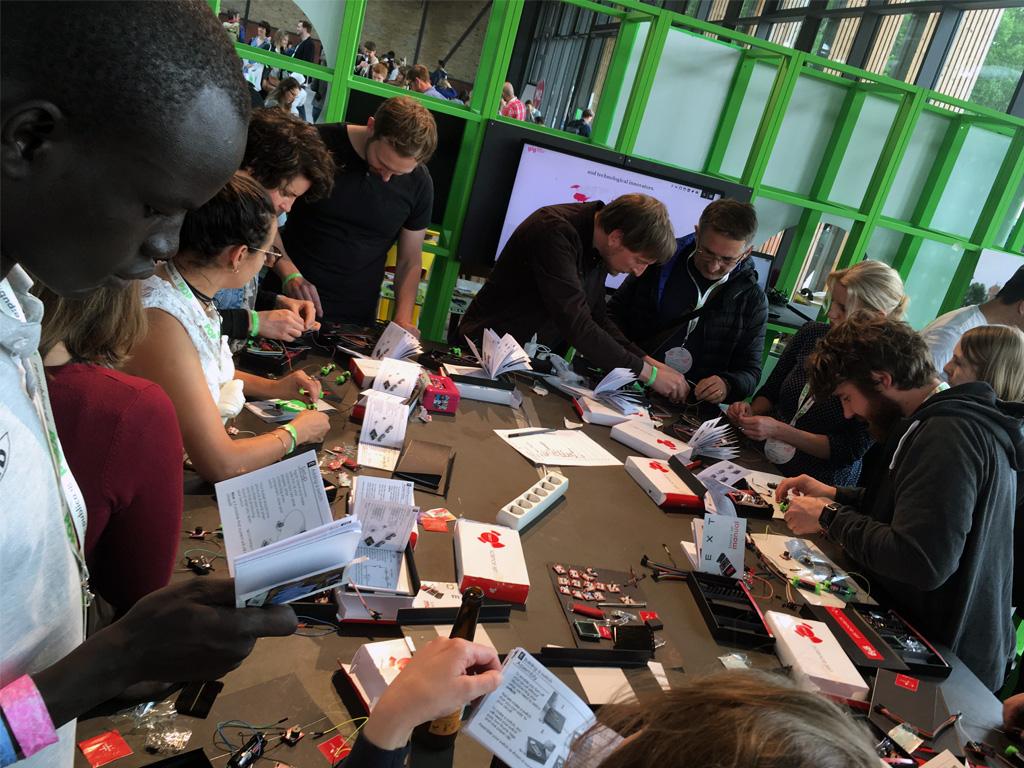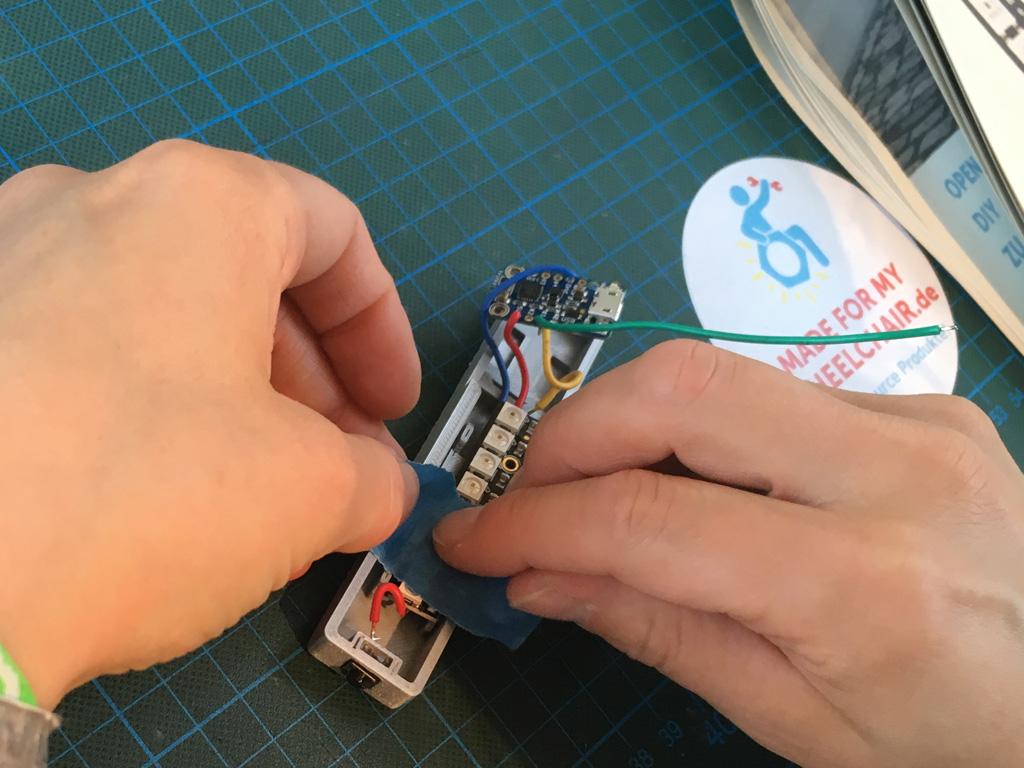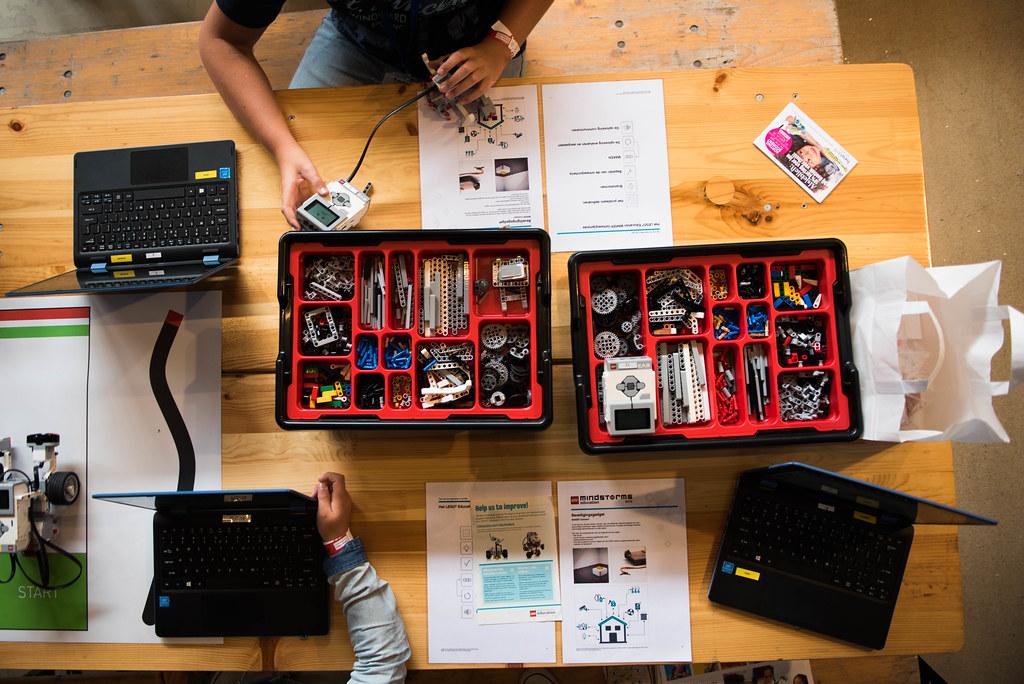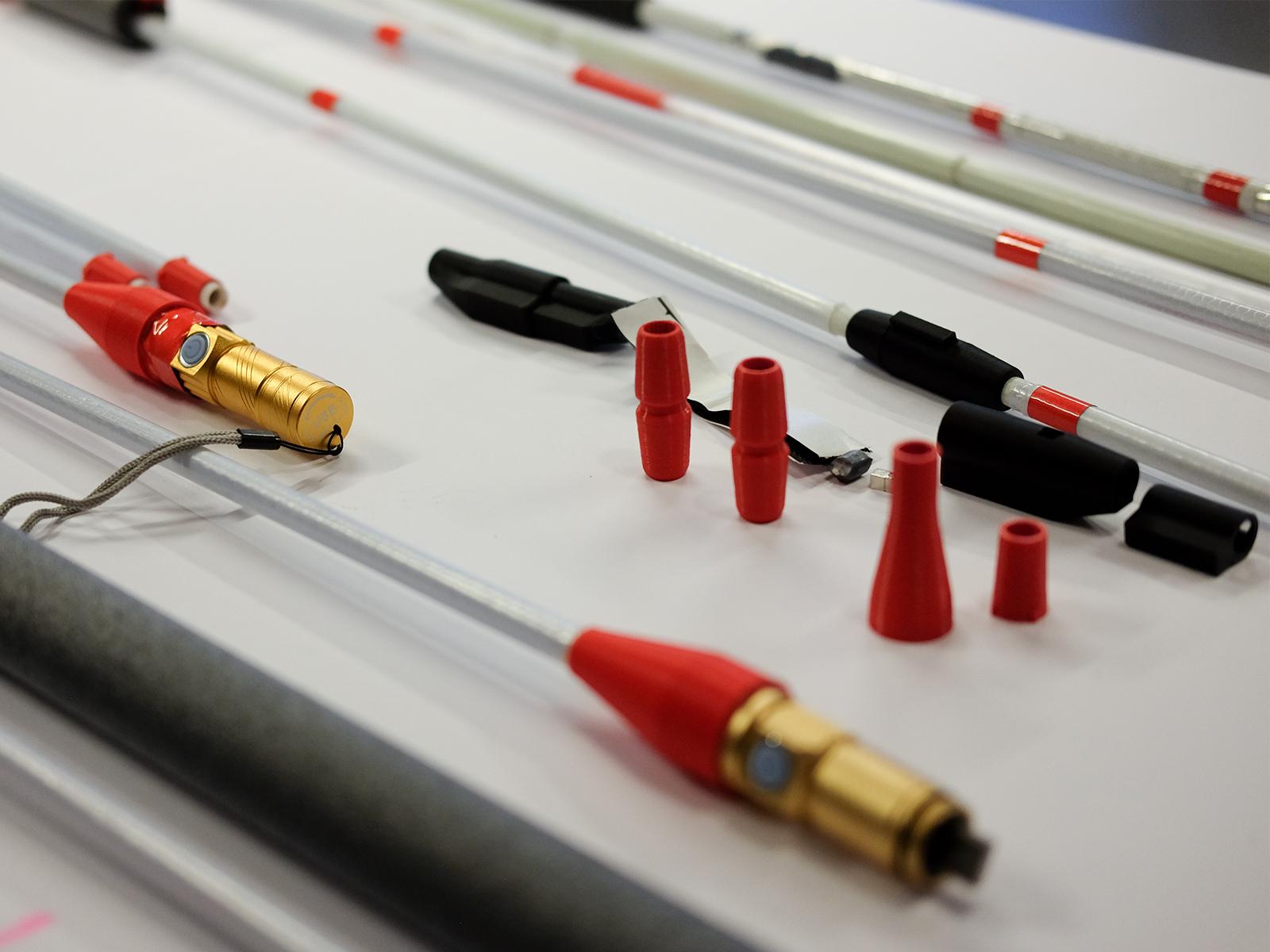We think that healthcare solutions can be co-created, supported and spread by patients and healthcare professionals.
As part of the Made4You project we help to do so by creating a sharing and co-creation platform called Careables. To discuss this, I met up with a vibrant and diverse community of innovation hubs, maker spaces, hacker spaces and other grassroots innovation community spaces and initiatives, as well as individual innovators, makes, technologists and change makers.
These were people and communities coming from all over the world, gathering in Berlin under the umbrella of a collective known as the Global Innovation Gathering (GIG). The GIG meeting was followed up by one of the most exciting conference about digital culture in the world, called Re:publica. For me the GIG meeting provided an informal introduction to many people that actually turned out to be keynote speakers at Re:publica. I was blown away by the amount of creative energy of the GIG members, and their willingness to contribute to Careables.
'How could a maker mindset help tackle health challenges?'
During my introduction to the many different GIG members, I asked how others believed that a maker mindset could help tackle health challenges by creating solutions. People had many examples of how this is already being done.
Susan of Fieldready told how they have developed umbilical cord clamps that can be 3D printed in the field for humanitarian aid. Sebastian and the Cadus makerspace team showed me how the actually making entire rapidly deployable emergency hospitals in sea containers. Bahar from Nepal Communitere explained how they set up maker facilities to give individuals and organisations the means to pioneer innovative solutions and become self-reliant, while Isabelle of BeAble, explained how she participated in a project called: Made for my wheelchair to empower wheelchair users to create their own solutions. These are just a few of the many people, initiatives and projects that I was introduced to. I learned how GIG members were not only engaged in creating healthcare solutions, but also in creating facilities to allow communities to do so from a grassroots approach.
However, The different projects we all worked on were most often developed and created quite locally. And when asked about the documentation of work, we had a lot less to share. As I have learned from our own experience with our own Fab Lab, documentation of work is not the strongest point of most makers and is usually spread over a multitude of platforms and websites.
In a group discussion it was suggested to label documentation as an individual competence that not all makers have. At the same time, everyone shared the opinion that documentation is relevant and even key to the whole promise of the maker movement revolutionising fabrication. This to me clearly underlined the relevance of creating a shared digital environment empowering all initiatives by further creating, sharing, and improving healthcare solutions together.
Creative energy
I was blown away by the amount of creative energy of the GIG members, and their willingness to contribute to Careables. The GIG members understand that the Careables project is not only about spreading and co-creating healthcare solutions. But about letting people take control of their lives and work, and letting society benefit from innovative capacities that are within everyone but are often left unused. Through Careables we will further show that the maker movement isn’t merely about lasercutting keychains or 3D printing tiny models of grumpy cat. Instead, it is about creating real solutions for real people. By showing and sharing the result of this on the Careables platform, we will emphasise this societal relevance. In Berlin I was allowed to personally meet a worldwide network that will have more then enough energy and valuable input to help do so.




